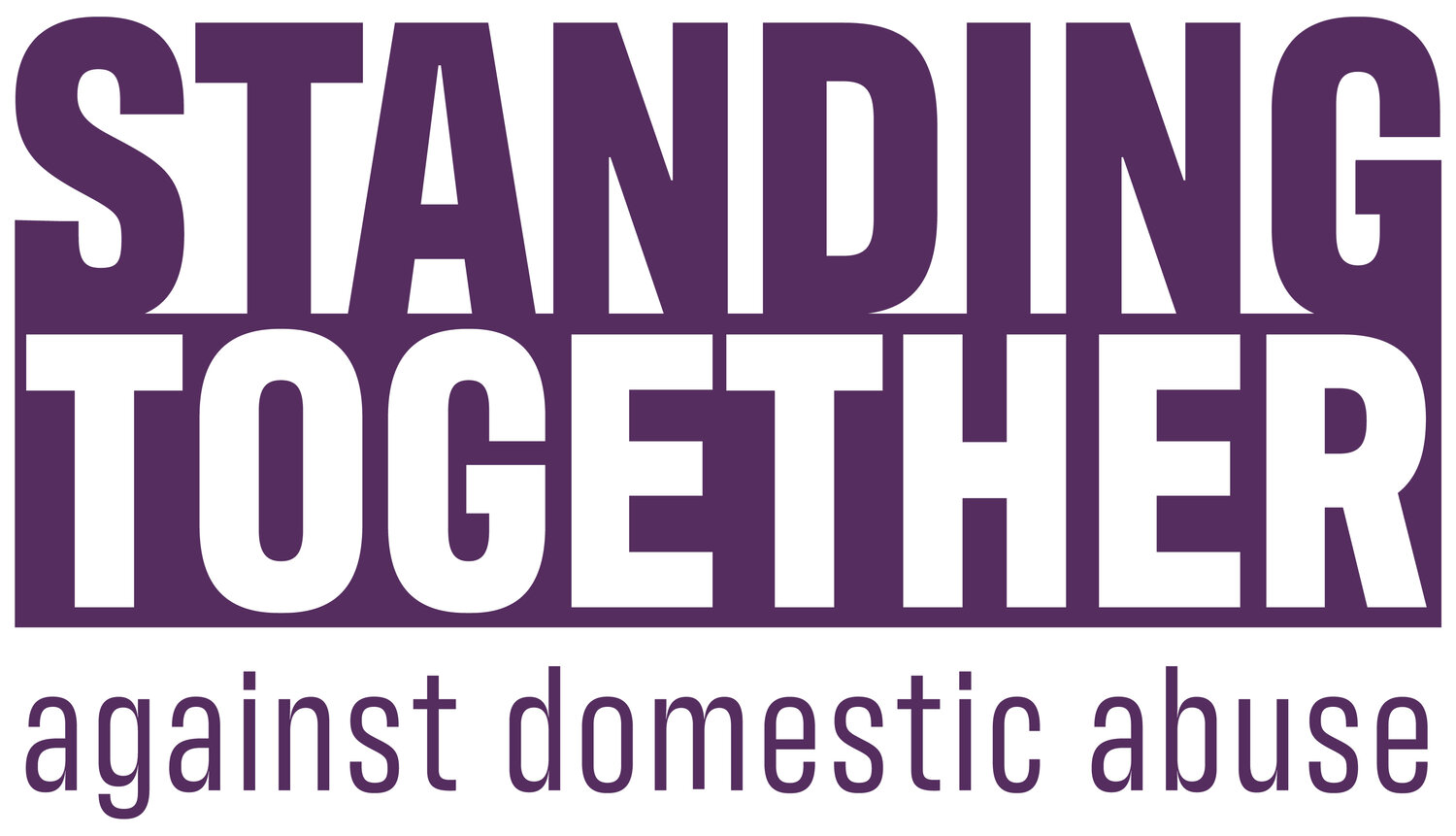
Health
Domestic abuse is a public health issue
Domestic abuse can seriously affect physical, emotional, mental and sexual health and can be both chronic and acute in impact.
Why are Health and Domestic Abuse Initiatives So Important?
• In England and Wales, 1 in 5 adults aged 16 years and over have experienced domestic abuse (ONS, 2022).
• Domestic violence and abuse can cause several short and long-term physical and mental health problems including acute injuries, gastrointestinal conditions, STI’s, depression, eating disorders, self-harm and suicide (WHO, 2023).
• Domestic abuse costs society £66 billion per year, of which £2 billion is borne by health services (SafeLives, 2021).
Health as a Key Institution.
• Only 1 in 5 people experiencing abuse will call the police, however, all victims will access hospitals, general practices and/or mental health services regularly (ONS, 2018). Thus, it is vital that survivors can access a non-criminal justice-based route to support (Pathfinder, 2020).
• Health services see 1.5 million patients a day and have 1.3 million staff, providing the NHS with a unique opportunity to prevent domestic abuse, intervene early and support victims/survivors (NHSE).
• Eighty per cent of women experiencing domestic abuse seek help from health services and these are often a women’s first and only point of contact (Department of Health, 2010).
Hidden Victims
• Health settings help to encourage higher rates of disclosure in groups who face additional barriers to accessing support, including victim/survivors from BAME, disabled, older and LGBT+ communities (SafeLives, 2019).
A&E and Hospital Stays
• In extreme cases, victims would attend A&E up to 15 times before a domestic abuse intervention was provided (SafeLives, 2015).
• Women who experienced high risk domestic abuse stayed an additional 1-5 days in hospital due to safe discharge concerns (ChelWest, 2018).
Mental Health and Substance Misuse Services
• Seventy percent of women who have accessed mental health services have experienced domestic abuse (Women’s Aid, 2023).
• Despite this, domestic abuse often goes undetected within mental health services and domestic abuse services are not always equipped to support victim/survivors with mental health problems (SafeLives, 2019).
• Health services (particularly alcohol and substance misuse) provide an opportunity to screen for perpetrators and for referrals into perpetrator intervention programmes (AVA and Alcohol Concern, 2016).
Domestic Homicide Reviews
• In 84 DHR’s across London, 31% of recommendations were exclusively related to the health sector (Standing Together, 2020).
Serious Violence Duty
• The Serious Violence Duty (2023) requires organisations to work together to share information, analyse the situation locally and be accountable for solutions and strategies to prevent and reduce serious violence on a local basis.
Our work
Standing Together pioneered the 'Whole Health' response to domestic abuse. We have worked locally in West London to coordinate our health partner's response to survivors over the last decade and this knowledge and experience informed our recent national project, Pathfinder.
The Pathfinder project saw the 'Whole Health' model rolled out in 8 sites across the UK. This approach aims to transform healthcare’s response to domestic abuse by ensuring a coordinated and consistent approach across the local health system including acute, mental health and primary care services. The model supports health services to work with the local domestic abuse specialist service to commission integrated care pathways and build the capacity of all health staff to respond safely to survivors of domestic abuse.
How we can help
We know that health professionals deal with domestic abuse on a daily basis. In order to work effectively with and ensure the safety of survivors of domestic abuse, professionals need to have a good understanding of the issues and the ability to coordinate their efforts and work more efficiently. We can help you build the capacity of your service to respond effectively by:
Delivering sustainable workplace development training and 'train the trainer' packages
Setting up Domestic Abuse Champion's networks by training a core team of clinicians, administration staff and HR to an enhanced level so that they can support their colleagues and offer advice when needed
Reviewing and producing internal domestic abuse policies, procedures and strategies
